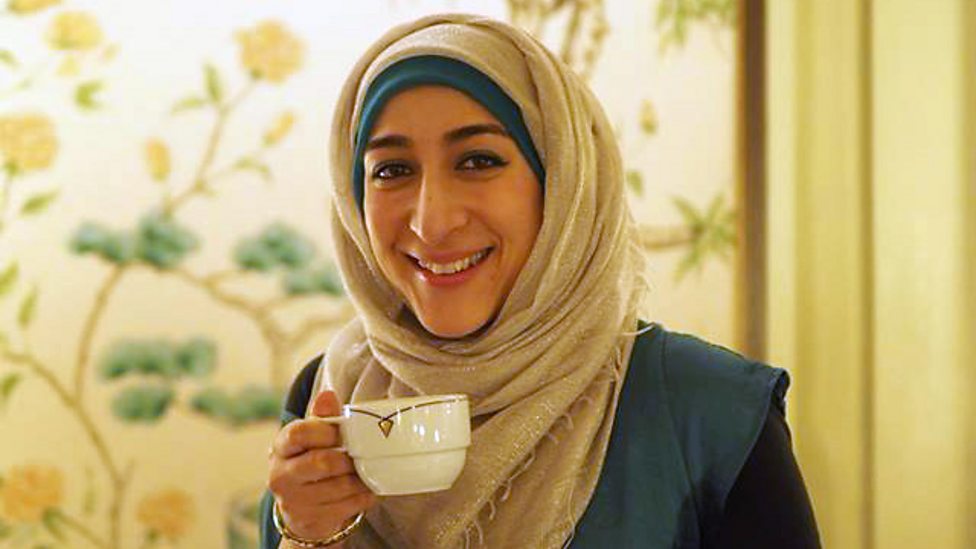Speaker’s Corner: Holocaust Memorial Day – Revisiting the Missing Pages, by Remona Aly

“We have just enough religion to make us hate, but not enough to make us love one another,” so said Jonathan Swift, the Anglo-Irish satirist. And he was on point.
Amid global and local tensions that threaten to drive us apart, I’m wary of the disillusionment – and confusion – surrounding religion and politics. Geopolitics has cast a grim shadow over Muslim-Jewish relations, but it’s time to reset a few lights.
When I studied world religions at school, something about Judaism resonated with me. Now I know why: Jews and Muslims are more intimate than some might realise – of all religious traditions, we are closest in theology, heritage and practice. From law to fasting, from charity to halal/kosher, from Moses to Maimonides – all these amount to just some of our common ground shared.
Now consider this: a Muslim saves a Jew even at the cost to their own life. This is what many Muslims did in the second world war, the Muslims of Albania most notably.
Albania is a country that has faced many upheavals. It’s lived through the Balkan wars, suffered from the collapse of the Ottoman empire (Albanians were the main pillars of Ottoman policy in the Balkans) and was later occupied by Fascists and Nazis. Yet the Muslims of Albania showed a spirit of resilience when they stood in solidarity with Jews.
Their stories touched American Jewish photographer, Norman Gershman who journeyed to Albania over a six year odyssey to document them. He met the families of those who sheltered Jews in their homes, disguising them as their own relatives. The Nazis told the Albanians that if they were found to be harbouring Jews, they would be killed as traitors. But there is not a single related instance of an individual giving their Jewish friends up. One Albanian Muslim woman, Merushe Kadiu, recalls: “My father said the Germans would have to kill his family before we would let them kill our Jewish guests.”
I find these stories compelling. But I only discovered them, along with other accounts of Muslims saving Jews, in recent years; I learned nothing of them at school or university. They remain largely untold.
After the tragedies in Paris last year, it’s even more vital to recall that during WWII, the rector of the Grand Mosque of Paris gave sanctuary to Jews in its underground caverns. It’s crucial to know that Algerian imams spoke out from their pulpits against the Nazi regime; and I hope I never forget how a Bosnian Muslim librarian saved the Haggadah, a Jewish medieval manuscript, from the hands of the Nazis.
This might be news to many, but the sentiment should not be new to Muslims. Coexistence, regard and respect for those of other backgrounds goes back fourteen centuries, to Prophet Muhammad’s time. The Prophet created what could be dubbed a seventh century model of pluralism: one of his first acts after emigrating to Medina was to establish an agreement with the Jews, Christians and pagans. It ensured them full protection, respect for their beliefs and gave them equal rights. The Charter of Medina, written in 622, affirmed that the Medinan Jews had “support and the same equal rights as any one of us”.
But let’s fast forward to today. Initiatives like “Missing Pages”, the Muslim-Jewish solidarity campaign I worked on, are more pertinent than ever. Anti-Semitism is not Islamic. Nor is prejudice, oppression or injustice towards anyone. For me, one of the highlights of the Missing Pages campaign was bringing students from Islamic and Jewish societies together to co-host Norman Gershman who toured UK universities. It opened up dialogue, future collaborations and even friendships.
Muslims, Jews, Hindus, Humanists, whoever we are, we have to promote and create our own positive stories now, ones that will inspire people who look back and say, those were dark times, but they were the ones who lit a candle.
